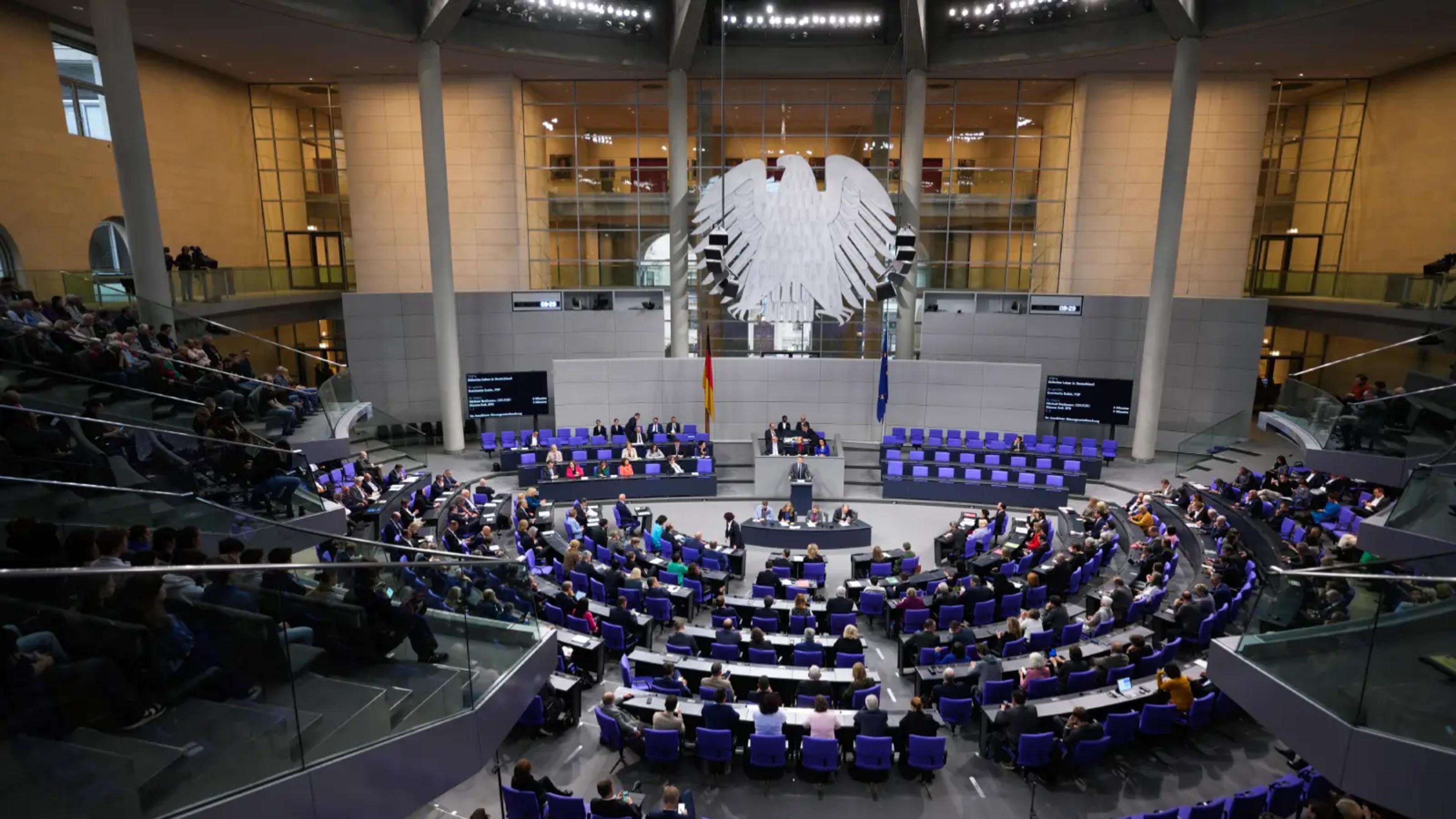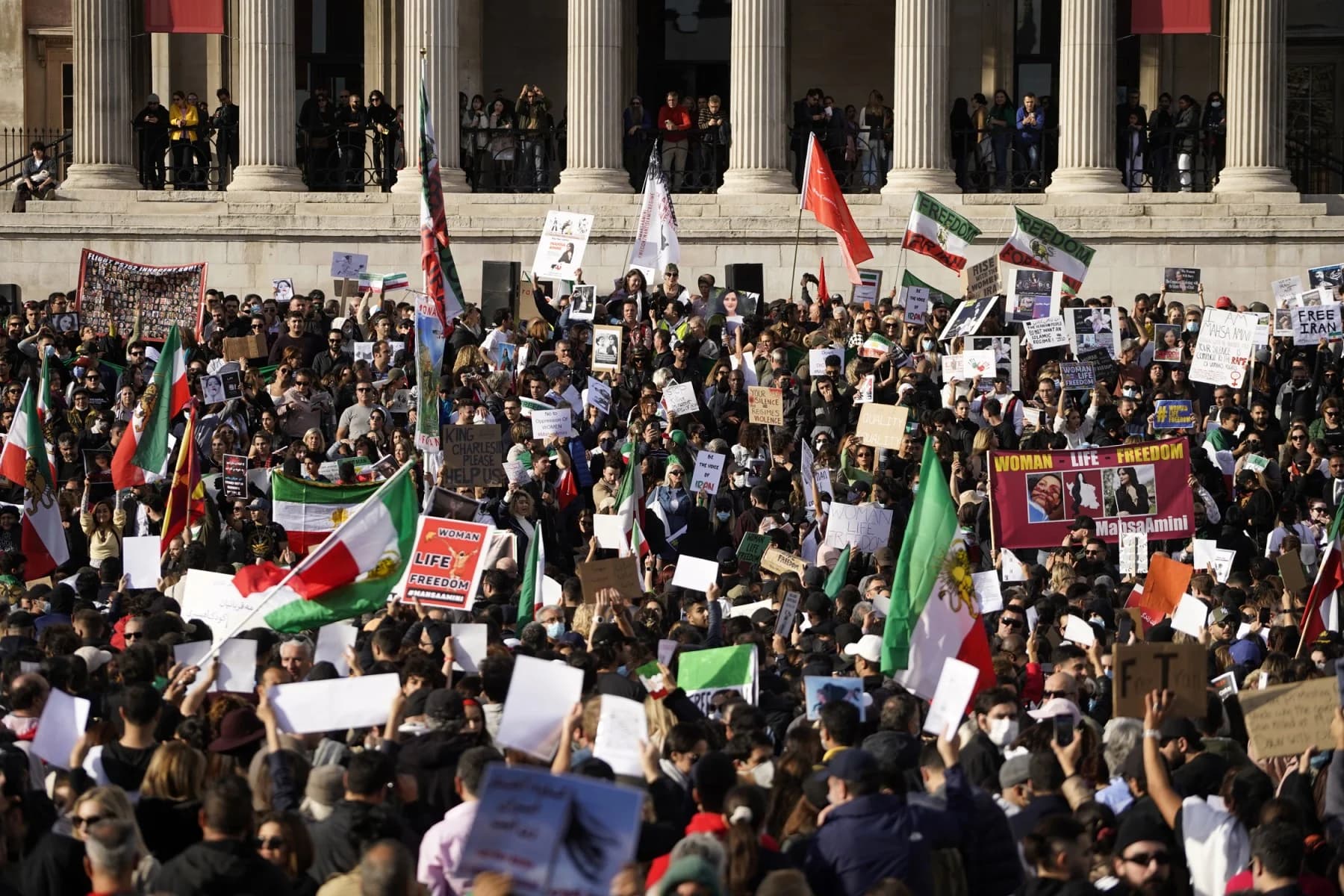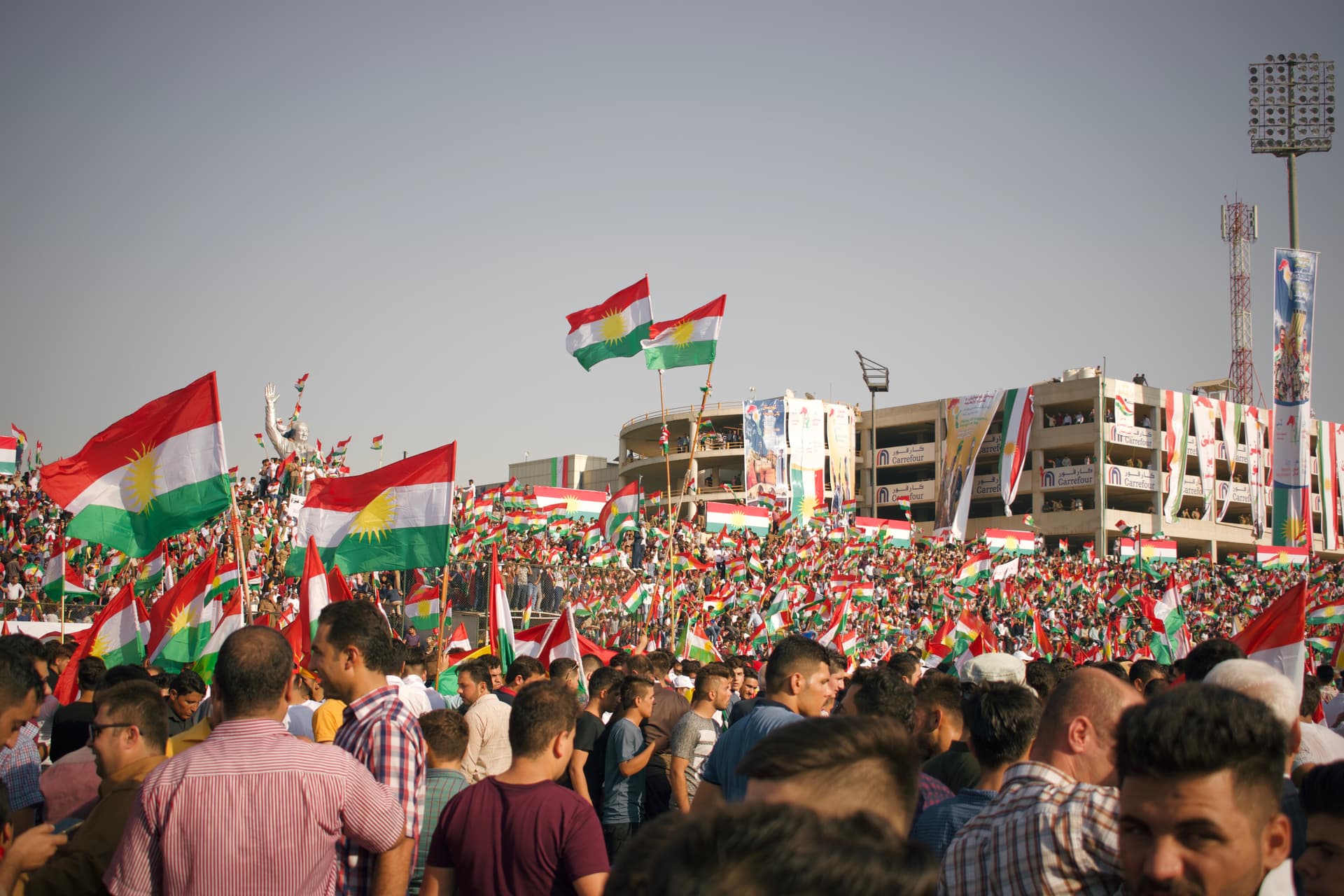
Berlin Stories
This week: Black history month, fusion soundscapes, soli kufa
Loading

Our roundup of stories you may have missed.
By Staff
On Wednesday evening of last week, the same day Donald Trump’s US election victory was announced, the German government coalition of the SPD, FDP and Grüne collapsed. Chancellor Olaf Scholz fired FDP finance minister Christian Lindner based on a lack of trust in Lindner’s politics. Without their FDP coalition partner, SPD and Grüne are now a minority government and SPD chancellor Scholz has called for a vote of confidence. If the chancellor loses the vote, President Steinmeier will dissolve the German parliament, and early elections will be held across Germany.
On 8 November, fans of the Israeli football club Maccabi Tel Aviv marched through Amsterdam, taking down Palestinian flags and shouting racist slogans. Videos on social media circulated of the Israeli fans shouting anti-Arab hate speech and expressing support for the war on Gaza. This led to several violent clashes between the football fans and Palestine solidarity protesters over the weekend. Even though eyewitnesses and an Amsterdam Council member reported that the Israeli fans instigated the clashes by harassing pro-Palestine supporters, mainstream media outlets and Western governments disregarded this and condemned the riots as “antisemitic”. While the events in Amsterdam sparked a new wave of misinformation in Western media, Israel’s war on Gaza and Lebanon rages on. In numerous massacres over the last week, Israel killed civilians across the Gaza Strip, in southern Lebanon, and in the capital Beirut.
Last week a woman demonstrated against Iran’s strict dress code and hijab rule by stripping to her underwear at a university in Tehran. Her act of defiance has been widely shared across social media with renewed international attention on women’s rights in Iran.
Since the murder of Jina Mahsa Amini in 2022, a growing number of Iranian women have protested against the often violent enforcement of religious rules. Many protesters have been detained, sentenced to death, or tortured into signing confessions. Amnesty International reported that the young woman was violently arrested after protesting “against enforcement of compulsory veiling”. While Iran’s government made claims about the detainee’s mental health, organisations like Amnesty and Iran Human Rights fear the protestor may face violence and involuntary detention in psychiatric clinics.

Last Monday, (4 November) the Turkish Interior Ministry replaced mayors in three southeastern cities for alleged ties to Kurdish militants. The pro-Kurdish DEM party mayors of the towns Mardin, Batman, and Halfeti denied the allegations, but were nevertheless replaced with government-appointed administrators, Reuters reports. In previous crackdowns on Kurdish politicians and attempts at self-governance, many elected officials have been dismissed by the Turkish government sparking protests in the region. Turkey continues to bomb Kurdish regions in Turkey and Syria.

Wednesday, (20 November) is Trans Day of Remembrance (TDOR). TDOR was initiated in 1999 to commemorate Rita Hester, a Black trans woman who was murdered in the USA. Violence against trans people persists to this day.
On 20 November, a vigil will be held in Berlin to remember victims and survivors of transphobic violence and structural discrimination. Coming together in remembrance is a way to create space for and release sadness and anger. The vigil will start at 19:00 from Bebelplatz, featuring music, speeches, and an open mic for anyone who wishes to share their experiences. Please bring candles, flowers, and banners to show solidarity.
On Monday, people in Aotearoa (New Zealand) began a nine-day march to the capital city of Wellington to demonstrate against a new interpretation of the Indigenous Treaty. Last week the country’s center-right government introduced a bill that would lead to a narrower interpretation of the Treaty of Waitangi, signed in 1840 between the British Crown and more than 500 Māori chiefs. The document and its interpretations remain a guide to legislation and policy in the country. In recent years, interpretations by courts and Māori tribunals have tended to expand indigenous rights. The new “Treaty Principles Bill” would leave the parliament to make decisions on political and constitutional questions, further limiting Indigenous rights. Māori activists have been protesting the proposed measures and started their longest-ever protest march on 10 November.
Images used under CC BY-NC-ND 4.0 DEED.

This week: Black history month, fusion soundscapes, soli kufa

A screening, conversation, and live performance at Niemetzstraße 1.

Refuge Worldwide residents head to Romania.